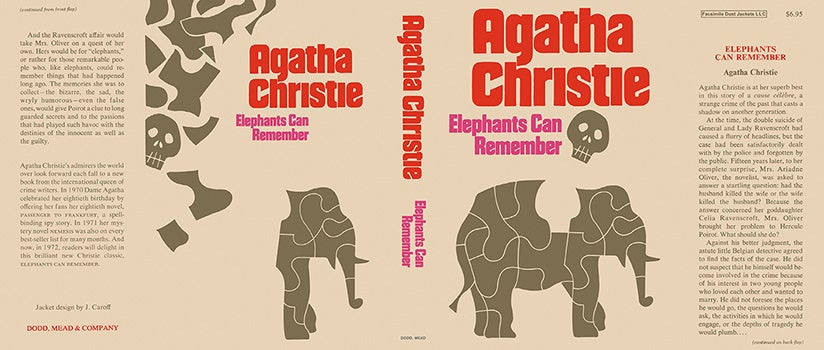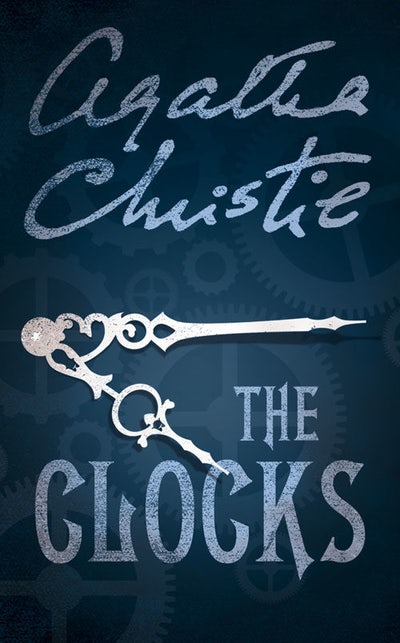Seven years after I read my first — the first — Poirot novel, THE MYSTERIOUS AFFAIR AT STYLES, upon reading ELEPHANTS CAN REMEMBER I can say I’ve finally read every Poirot novel, roughly forty of them. I still have a handful of short stories saved up for a rainy day, but it’s the end of a long journey.
ELEPHANTS CAN REMEMBER is far from Christie’s best, but it does feature copious scenes with Christie stand-in Ariadne Oliver, who gets in a few quality digs about being a recognizable crime author. While it’s a mystery concerned with memory and recollection, there are some basic mistakes that can’t necessarily be attributed to the theme or intentional unreliable narration. Additionally, the mystery is laughably transparent. I rarely try to actively solve the mystery when reading detective fiction, but it was so obvious that I couldn’t help but do so.
It’s worth noting that, based on the theme of memory with ELEPHANTS CAN REMEMBER, as well as some of the previously listed inaccuracies and errors, a number of folks believe that, by this time in life, Christie was suffering from dementia, possibly Alzheimer’s disease, and writing through it. (For more information, see this NPR article.)
It’s still an entertaining read, and has a handful of intriguing characters to keep your interest. Again, it’s far from the heights of early and mid-career Christie, but it’s still a Poirot novel, with Mrs. Oliver as his sidekick, and while it’s not quite an undiscovered late-in-life marvel of a work, it’s still good fun.
https://www.agathachristie.com/stories/elephants-can-remember


